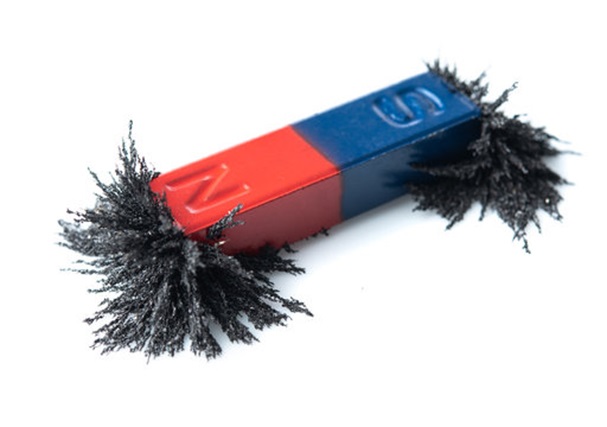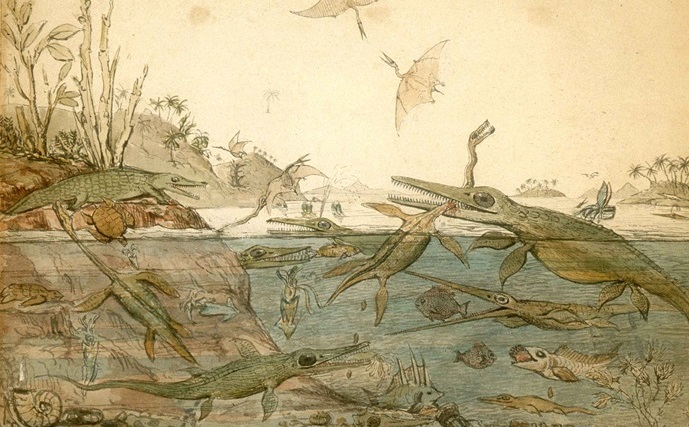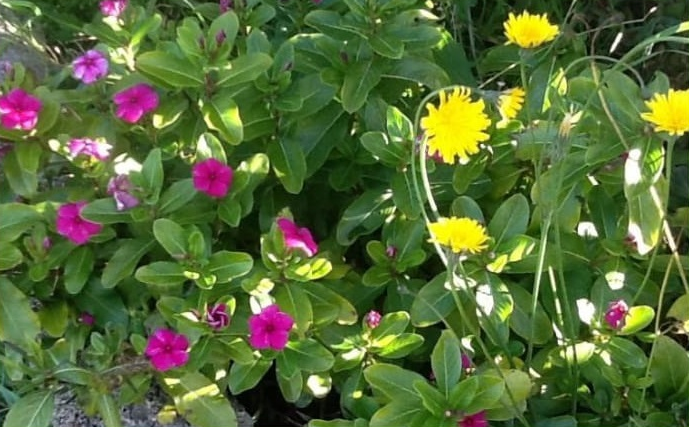[a] The property of some words, names, or terms to appear to etymologically self-explanatory, but where in actuality, the similarity between their term of reference and their description is merely coincidental. One notable example is ‘Kosher salt’, which is not named as such because it is itself Kosher (although, as just rough-hewn sea salt, it is incidentally Kosher), but rather, because it is used as part of the process of making other foodstuffs (primarily, freshly-butchered meat) Kosher.
root From Anglicised Yiddish
iberik (יבעריק), meaning “redundant”.
IPA aɪˈbɪrɪk
katacasm
[n] Words, which despite being entirely true and intended to be received by an interlocutor without any ironic remove, are mistaken for sarcasm. Could be caused by a simple verbal failure to communicate clearly because of a flat affect or inflection of delivery, or because of the perceived improbability of a given statement’s veracity.
[a] A truthful statement unintentionally mistaken for sarcasm is
katacastic.
root From Greek prefix
kata-, meaning “(prepositionally) counter, against”.
IPA ˌkætəkæzm
kutikrav
[n] A large collection of a specific kind of item, that through no active effort of your own, you’ve ended up in possession or ownership of. The possible outcome of persistent gift-receiving or the result of inheritance.
root From Anglicised Croatian
kutija kravata, literally meaning “(a) box of neckties”.
IPA kuːtaɪˌkrɑːv
mesorm
[v] To performatively and exaggeratedly look entirely away from a keyboard, numberpad, or similar device where another person is entering a password, PIN, or other sensitive information as a social nicety which ostensibly defends the dignity of the other individual’s privacy.
root From Japanese
sorasu (“avert”) +
me ("one’s eyes") and morpheme
minkan (“private”).
IPA miːsɔːm
momtoo
[n] A tattoo which specifically serves a functional purpose beyond aesthetics, such as denoting an individual’s medical information or living will.
root From Māori
momo +
toto, meaning “blood type”, in the pattern of
tattoo.
IPA mɒmtuː
morphineme
[n] An invented word or brand name used to delineate a medicinal or pharmacological product being sold or demonstrated publicly from competitors’ products or unbranded generic variants.
root Play on
morphine, a medicinal analgesic, +
morpheme, the etymological basis of a word.
IPA ˈmɔːfiːniːm
oroban
[n] A dream so convincingly realistic and grounded in banal possibility that it might be momentarily difficult to distinguish from a memory of reality upon initially waking.
[a] Such a dream is
orobanal.
root Play on an allusion to
Orobas, a largely-benign equine oracular figure in the Goetic tradition, +
banal, meaning commonplace or boring.
IPA ɔːrəʊbæn
qambing
[v] The process of deceptively creating or providing false credentials or qualifications as part of an attempt to apply for a privileged vocational position in a role one is entirely capable of performing, but not legally permitted to hold, such as practicing law, medicine or pedagogy.
root From Zulu
qamba, meaning “forge, justify [v]".
IPA kʌmbɪŋ
ryugy
[a] The state (of a work-in-progress or entirely abandoned project) of currently being sixty-two percent completed. Or, more generally, the state of a project of being more-than-half finished, but distinctly less than two-thirds completed and far from fully-functional.
root From Latinised Korean
Ryugyong (Hangul, 류경호텔), literally meaning “capital [city] of willow [trees]”, but which specifically alludes to the Ryugyong Hotel in Pyongyang, North Korea – an ambitious, but twice-abandoned, effort to build the world’s largest hotel that sporadic development reportedly left no more than sixty-two percent completed and non-operational.
IPA riːɡuːʤiː
scritto
[n] A piece of paper, notepad, or similar writing surface covered in an excessive – and typically overlapping, disordered, and hurried – amount of handwritten notes, particularly those written as a record of a torrent of impromptu ideas.
[a] Also,
scritty, as an adjective: the aesthetic (intentionally manufactured or otherwise) of the same.
root From contemporary Italian,
scritta [fem.] or
scritto [masc.], meaning “(hand-)written”.
IPA sˈkrɪtəʊ
smerth
[n] A feeling of gratitude felt internally at the death of another person. Not necessarily derived out of a personal animosity of that individual, but perhaps out of merely an otherwise dispassionate acceptance that the death is beneficial to yourself.
root From Latinised Russian
smert' (Cyrillic
смерть), meaning “death” (transitive).
IPA smɜːθ
Thasian Defeat
[fig] A military or strategic loss which eventuates a more beneficial outcome for the defeated side than a victory would have. Contrast with a “Pyrrhic Victory”, a success so costly it is ultimately ruinous.
root Historical allusion to the Thasian Rebellion, wherein the unimportant Greek backwater island of Thasos unsuccessfully rebelled against Athenian hegemony and was consequentially annexed. The subsequent infrastructural changes administered by the post-annexation vassal-tyrant government enabled Thasos to remain a significant regional force for hundreds of years, even after power on the Mediterranean mainland moved away from Athens and to Rome.
IPA feɪzˈiːən dɪˈfiːt
tshutong
[n] An accumulation of minute iron-filings, rust particles, metal swarf, and other particulate ferric debris held together with a magnetic charge. Often seen after passing a magnet over the unswept floor of a metal-fabricating workshop space, or even just the outdoor ground of any area remotely adjacent to heavy industry.
root Play on phonetic Latinised Mandarin Chinese (Hanyu Pinyin)
shōucáng (收藏) “collection, collectivist” +
tiě (铁) “iron”; allusion to the Mao-era practice of collectivised pig-iron creation during the Great Leap Forward
IPA ʃuː tɒŋ

Two iron-filing tshutongs formed around the poles of a bar magnet.
vistush
[v] Non-gerund verb form: to phonetically sing along to the lyrics of a song performed in a language one does not actually know, typically speak, or understand.
[v] Gerund verb form: the act of doing this is
vistushing.
root From contemporary Icelandic
virtúó, meaning “virtuoso” (descriptive).
IPA ˈvɪʃtuːɪŋ
yem̄ing
[v] Saying something you know to be verifiably true, but which sounds highly unintuitive or is commonly (and wrongly) held to be incorrect, with the express intention of provoking someone else into mistakenly attempting to correct you, so that you can in turn, readily correct them.
root From Latinised contemporary Turkish
yem̄, meaning “bait”.
IPA jæmɪŋ
ȥusallise
[v] To carry a conversation nonverbally by replying to questions and prompts from a secondary party solely through playing apropos, or fittingly-referential, sections of songs or other musical gags on an instrument, typically to comedic effect.
[v] Performance of the act itself is
ȥusallising (gerund verb-form).
[n] Such a communication between two (or more) parties is a
ȥusallisation.
root From High German
hinzufügen, referentially meaning “add” [v] or “count (a mass-noun, ie: the regularity of sounds on a beat) + etymological nod to composer John Phillip Sousa, who reportedly engaged in the practice with his musical students.
IPA sjuːsɪleɪz
last major update: May 2025



